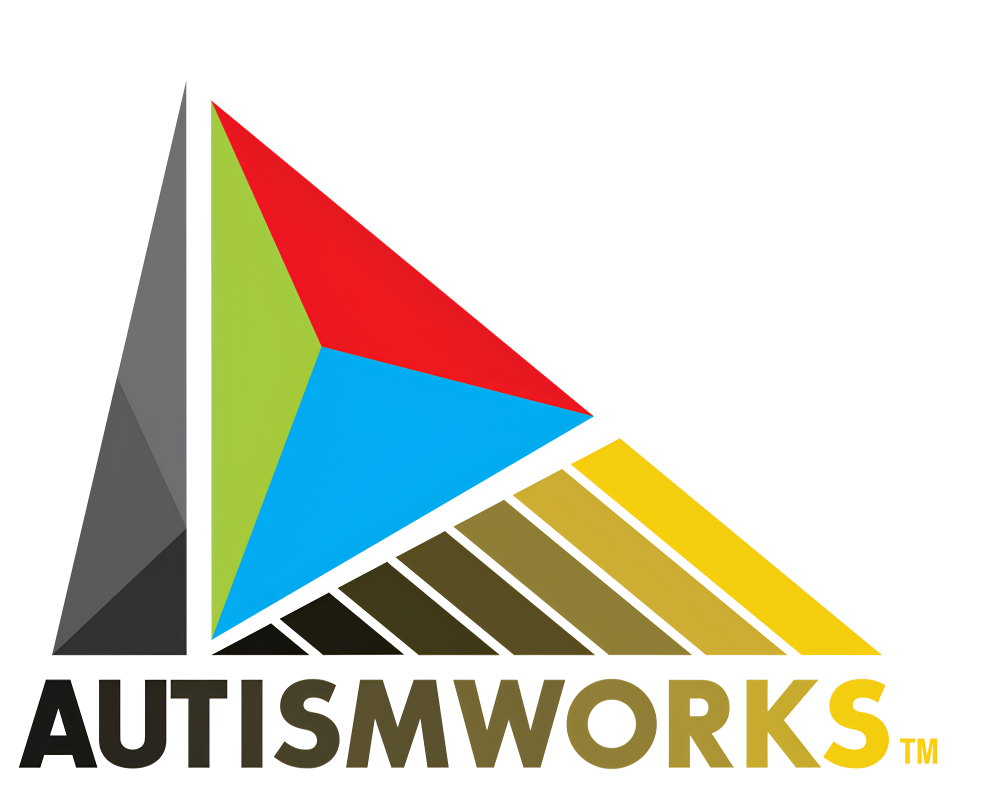More Than Academics: What School Teaches Beyond Books
Jul 16, 2025
For children with autism, school is about more than math, reading, and writing. While academics are important, the school environment also offers essential lessons that go far beyond the classroom. In fact, some of the most valuable learning happens between the lines of the textbook—through social interaction, shared routines, and even play.
Social Learning Happens Every Day
One of the biggest parts of school is being around other kids. Whether it’s at lunch, in group projects, or during recess, children are constantly learning how to connect, cooperate, and communicate. For a student with autism, this daily exposure is a form of social learning. Even just watching how others interact can provide useful clues for understanding:
-
How to start or end a conversation
-
When to join a group or give space
-
What laughter, tone, or body language might mean
-
How different people express excitement, frustration, or kindness
These are not skills that always come naturally—but school provides a consistent environment to observe, practice, and adapt.
Learning from Classmates
Fellow students play an important role in development. They’re not just classmates; they’re also peer models. Kids often copy what they see, and that includes behaviors, phrases, and emotional responses. This kind of observation helps build what many call "social intuition." Even for students who prefer to stay quiet, simply being present in a group can be a form of learning.
That said, it’s also important to support children in choosing who they learn from. Not all behavior is worth copying, and some friendships may not be positive. Helping a child recognize good role models can make a big difference.
Recess, Joy, and the Power of Play
One often overlooked part of school is the way it teaches how to have fun. Structured learning is just one piece of the puzzle—recess, free time, and after-school activities are where creativity, physical expression, and shared laughter take center stage.
Fun is not just a break from work—it’s an important part of development. Through games, students learn how to:
-
Take turns and follow rules
-
Handle wins and losses
-
Express joy and excitement
-
Collaborate through imagination and teamwork
These are vital life skills that support emotional growth and self-confidence.
It’s About the Whole Experience
For children with autism, school may present challenges—but it also brings opportunity. It’s a place where academic, social, emotional, and behavioral growth can happen side by side. Some of the most lasting lessons are not found in the curriculum, but in the everyday moments: sharing lunch, lining up, raising a hand, playing a game, or simply sitting near others.
The goal isn’t to fit in—it’s to build understanding. School helps shape not just what a child knows, but who they become.
Stay connected with news and updates!
Join our mailing list to receive the latest news and updates from our team.
Don't worry, your information will not be shared.
We hate SPAM. We will never sell your information, for any reason.


